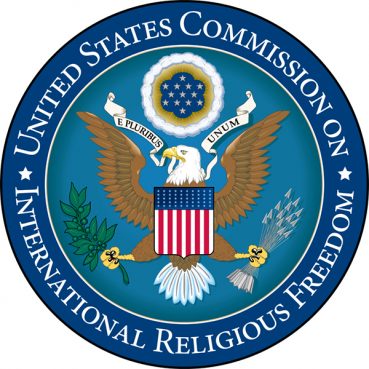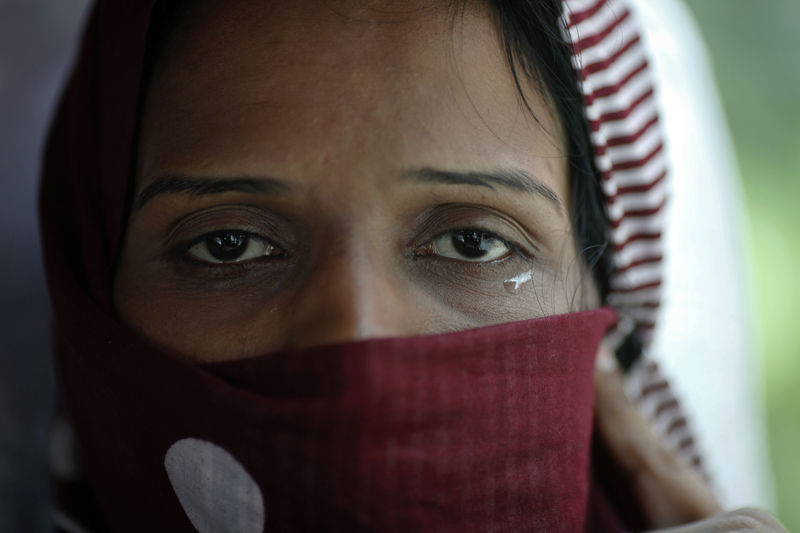WASHINGTON (RNS) Religious freedom remains under “serious and sustained assault” around the globe, according to a new annual report from the U.S. Commission on International Religious Freedom.
“At best, in most of the countries we cover, religious freedom conditions have failed to improve,” commission chairman Robert P. George said Monday (May 2). “At worst, they have spiraled further downward.”
The independent government advisory body recommended that the State Department add the Central African Republic, Egypt, Iraq, Nigeria, Pakistan, Syria and Vietnam to the U.S. government’s list of the world’s worst abusers of human rights and religious freedom. Of the 17 countries USCIRF says are of “particular concern,” only 10 have been recognized by the State Department.
The official list remained unchanged for nearly a decade, until last month’s rare addition of Tajikistan, a Sunni-majority country where a severely restrictive 2009 law allows the government to crack down on all independent religious activity, particularly that of Muslims, Protestants and Jehovah’s Witnesses. Officials there use concerns of extremism to justify monitoring and suppressing acts of worship: in the past year, police there have forced thousands of women to remove their headscarves and detained hundreds of thousands of bearded men.

The United States Commission on International Religious Freedom was created in 1998 as an independent, bipartisan body.
“The incarceration of prisoners of conscience, including religious prisoners, remains astonishingly widespread,” George said. He pointed to China, which has imprisoned some opposed to a state campaign to remove crosses from churches, and Iran’s majority-Shiite regime, where Sunnis, Christians and Baha’is have been persecuted, imprisoned and even sentenced to death on dubious unrelated charges. And in Pakistan – which USCIRF recommended for recognition as a country of particular concern but, for the 14th year in a row, has been not been listed officially – more people are on death row or serving life sentences for blasphemy charges than in any other nation in the world.
As much attention as was given to the refugee crisis in Iraq and Syria, for which the USCIRF largely recycled its recommendations this year, it’s only the tip of the iceberg.
“I don’t think we can account for everything we’ve seen simply by reference to the refugee crisis in the Middle East,” George said, noting oppressive conditions for minorities in East Asia, where a Vietnamese religious freedom activist was imprisoned the day after meeting with a USCIRF ambassador. “The American public needs to understand that this is truly is a battle for ideas. Protecting our interests really does mean advancing our values, including our belief in religious freedom.”
Other areas of focus included rising anti-Semitic and anti-Muslim bigotry throughout Europe, the continuation of a “brutal legacy of persecution against Burma’s Rohingya Muslims” and the “negative trajectory” for Christians, Muslims and Sikhs living in India. While Prime Minister Narendra Modi’s rhetoric has been positive in the Hindu-majority country, a USCIRF delegation was effectively denied visas in March.
Good news was scarce, but there may be hope. Last year’s report commended Nigeria, Cyprus and Sri Lanka’s new government for progress in promoting religious freedom and harmony. While Nigeria remains on the USCIRF’s list of countries of particular concern, Cyprus and Sri Lanka were let off the hook.
(Aysha Khan is an RNS correspondent)





